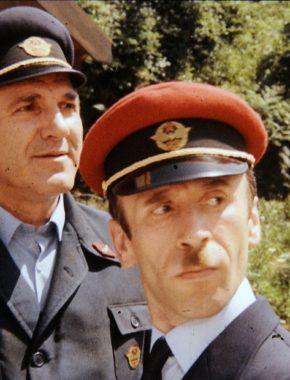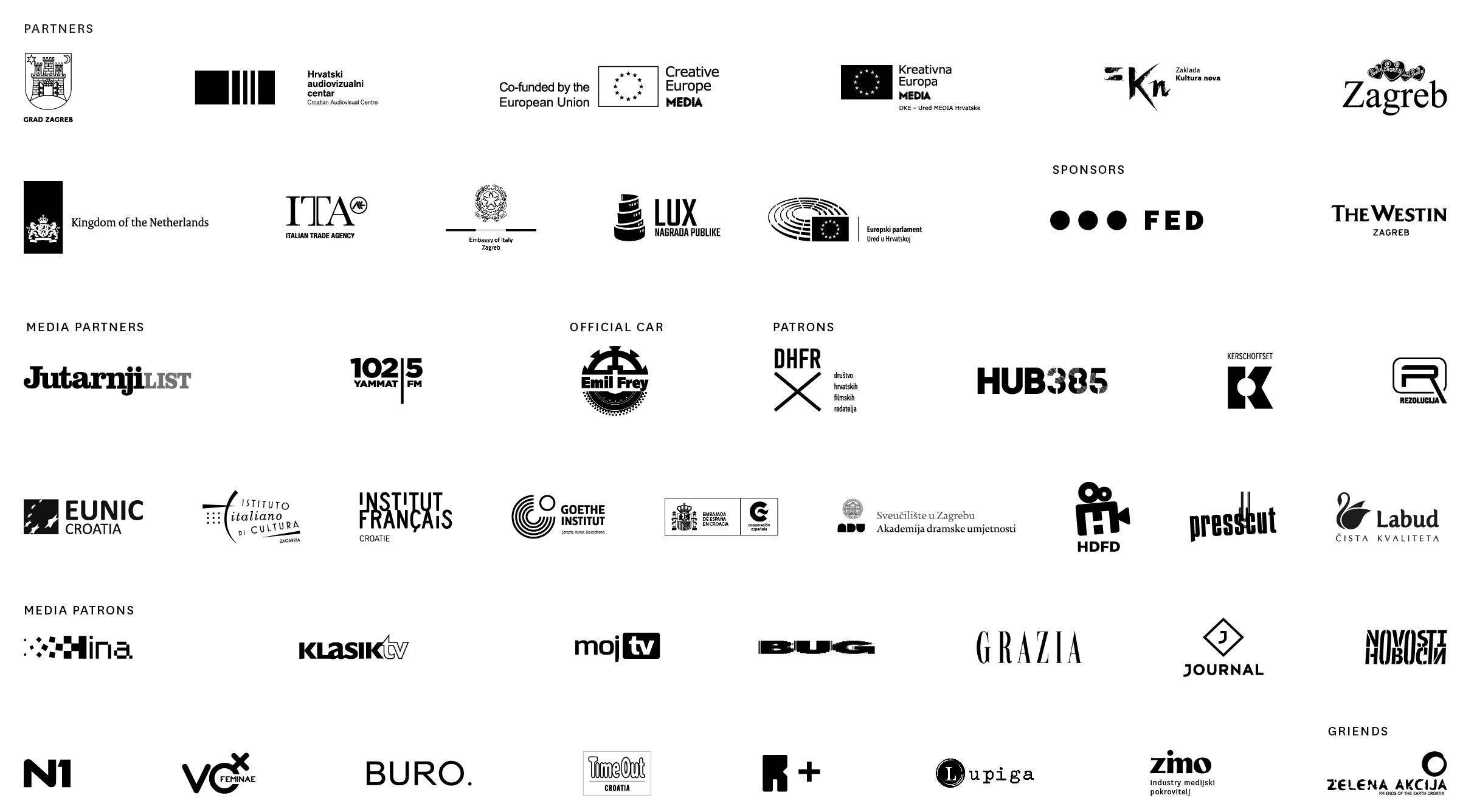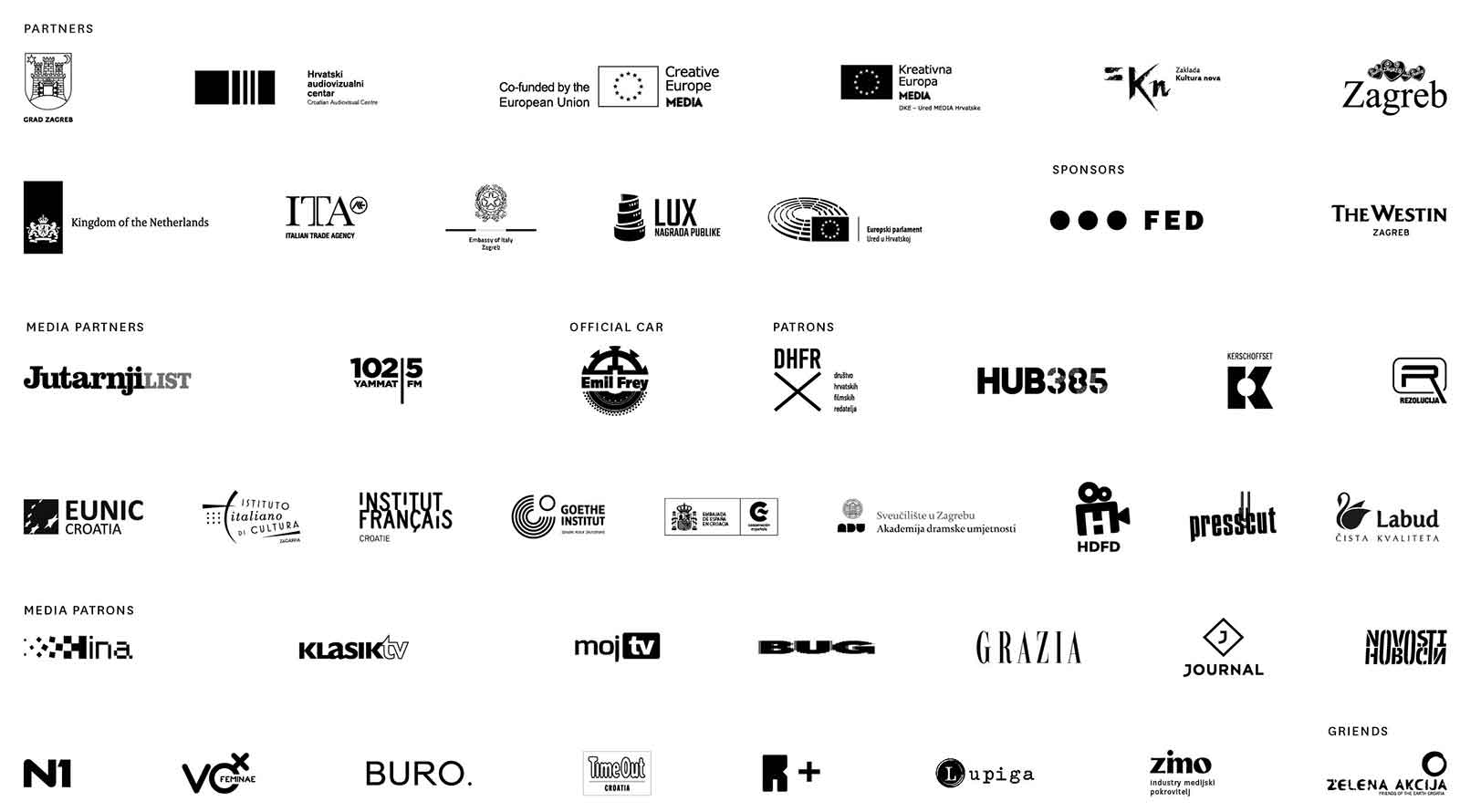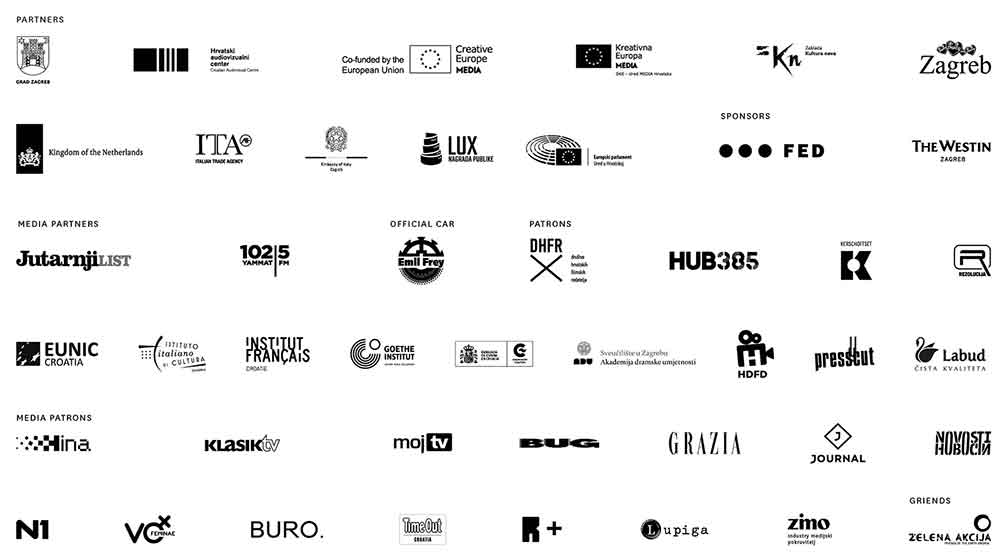
The Last Switchman of the Narrow Gauge Railway
Find out more
Soon film festivals will screen retrospectives of “male films”, as is the case today, rightfully and frequently so, with female film directors. Gender symmetry in the film industry is still not achieved in terms of numbers, but there are more and more women directors, who are creatively more and more assured and powerful. And we are well aware the path to visibility was long and hard.
ZFF’s online program Icebreakers features countries where the ice was not thin: on the one hand, remains of the patriarchy, on the other, norms of non-democratic regimes. But, before the ideological wall was torn down, each country behind the “iron curtain” had its female pioneers, among them the former federation in the hilly Balkans. Soja Jovanić, for example, already in 1957 directed her only and first Yugoslavian color feature film, the screen adaptation of Stevan Sremac’s novel Priest Cira and Priest Spira, and won numerous awards in Pula. Bosnia and Herzegovina entrusted such a task to a woman, the recently deceased Vesna Ljubić, only twenty years later, but still well before the other republics of the former Yugoslavia: Ljubić managed to film two feature films in the 1980’s. At the same time, their colleagues under the “Russian boot” filmed recognizable works which won awards all over the world: Agnieszka Holland in Poland, Věra Chytilová in Czechoslovakia, Márta Mészáros in Hungary, Larisa Šepitko and Kira Muratova in the Ukraine, i.e. the Soviet Union, Binka Željaskova in Bulgaria, Elisabeta Bostan in Romania…
Until the masculinists of all countries, spurred by the millennial female wave, unite and launch a counter-offensive, ZFF will pay homage to some of the pioneers of Eastern European film.
Diana Nenadić


